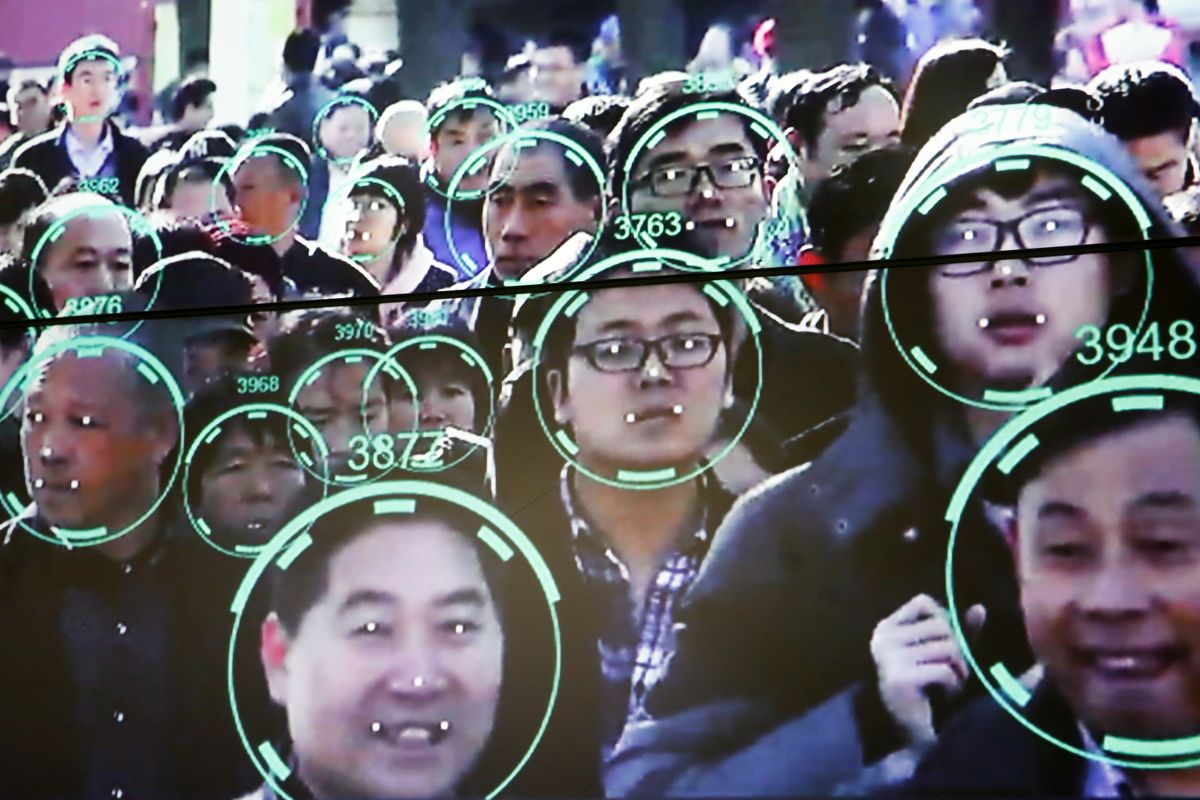With the midterms now over, it shouldn’t take long for partisans on both sides of the aisle to return to what they do best—partisanship. The next two years will be full of important policy debates, from whether America should continue to acceptance migrants to the merits of free trade.
There’s one issue, though, that won’t garner as many headlines, but is more important than any other for determining America’s long-term international position: the struggle between democracy and technology.
The growing challenge for America and other democracies is that the technologies increasingly responsible for driving economic prosperity are simultaneously stoking social divisions, undermining trust in institutions, and concentrating power in the hands of a few select private sector firms. Spurred by recent privacy scandals and the use of social media and internet search to spread disinformation, the US looks likely to pursue some form of digital of privacy reform next year. At the same time, the Washington is pursuing a strategy of confrontation over Beijing’s ambitions in artificial intelligence and other advanced technologies that is pushing the two countries’ tech sectors apart – increasing the risk that they end up locked in a zero-sum, Cold War-like contest for technology dominance.
As a recent story in Wired points out (co-authored, we must point out, by our good friend Ian Bremmer), this presents a dilemma: making the digital revolution safe for democracy could also stifle innovation. The tighter the regulatory vise closes, the greater the risk that firms in Silicon Valley – arguably the most strategically economic engine for the US in the 21st century – end up at a disadvantage to Chinese competitors who are unlikely to face the same constraints on gathering and exploiting huge amounts of data. As Bremmer and Thompson point out in their piece, “there is nothing close to a serious debate about how to address this dilemma.”
How do you think democratic governments can strike the right balance?

















